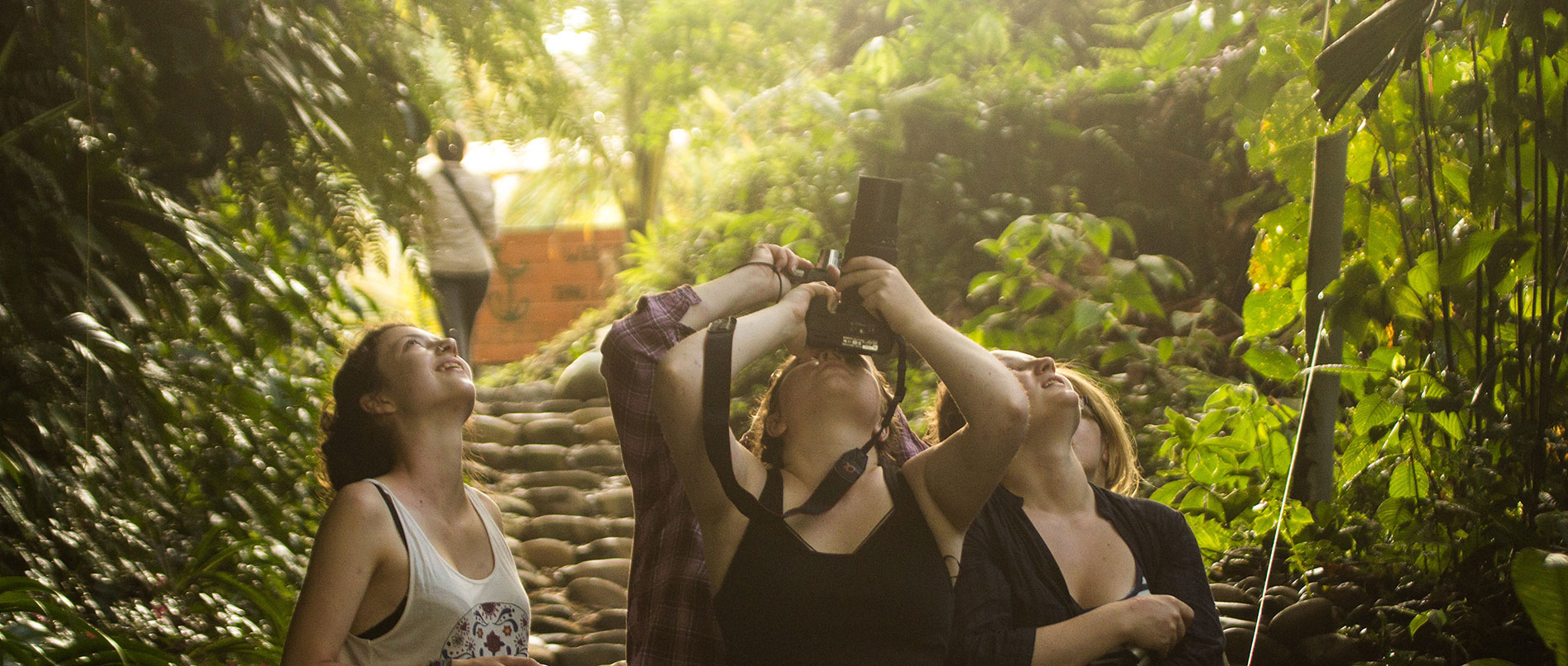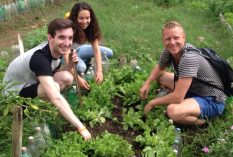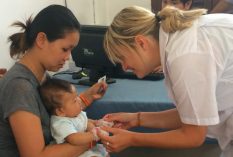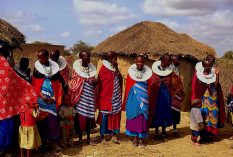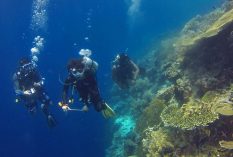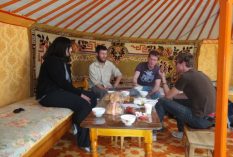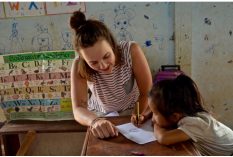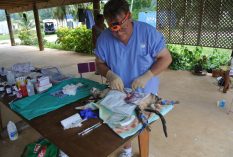You’re eager to pursue a career in media. You know that traditional office life isn’t for you. You want adventure, the thrill of chasing down a lead, and the joy that comes with sharing other people’s stories. You are a creative with a knack for writing, reporting, composing, and editing—or you want to be.
A career in media offers the life many dream of. This challenging industry involves long hours and dedication but presents opportunities to travel, ask hard-hitting questions, discuss important topics, and exercise your creativity in various mediums.
But this increasingly competitive field makes it hard to stand out without something to set you apart. The strict compartmentalization of functions in old school media outlets is no longer, and today, journalists are expected to be able to snap a decent photo, have a basic understanding of HTML, and use various editing software with ease. Similarly, photographers need to know how to create viral content and write a winning caption.
In the changing landscape of media, one thing has remained — internships matter. A lot. An internship is a truly *invaluable* experience to have on your CV. You’ll be competing for jobs with other applicants who have gone to prestigious universities, graduated top of their class, and have sizable followings on social media. An internship sets you apart. And when you’re selecting or applying for an internship, there are some key considerations you want to make.
Firstly, what kind of experience will you be gaining? Despite the need for basic skills across the spectrum of media, you’ll want a clear focus for your internship. Are you interested in traditional print journalism, or more eager to try out with a digital publication? For those interested in visual media like photography or videography, select an internship that helps you expand on your existing technical skill set and explore others, like documentary making.
Secondly, who will be overseeing your work and giving assignments in your internship? Ensuring there are accomplished reporters, photographers, or videographers who you will work with is key to maximizing the impact of your internship.
Thirdly, where is your internship? Apply for internships in locations that are ‘hubs’ for your desired industry, or select a global internship to illustrate your flexibility on your CV or resume. In the dynamic media field, employers are looking for those who are prepared to be flexible.
At Global Nomadic, we’re big believers in doing what you love because, well—we love what we do. We created Global Nomadic because we wanted to highlight and support programs that foster career advancement and travel at the same time. We’re excited to present our newest selection of programs concentrating on the vibrant field of media and journalism.
 Photograph oceanic wildlife in the azure waters off the coast of South Africa and Mozambique in our Underwater Photography and Video Internship. Work alongside a passionate and talented environmental media company to bring awareness to the urgent oceanic problems South Africa is facing today. Dive the Manta Reef—one of the top-rated site dive sites in the world, while gaining hands on experience with the technical aspects of shooting underwater.
Photograph oceanic wildlife in the azure waters off the coast of South Africa and Mozambique in our Underwater Photography and Video Internship. Work alongside a passionate and talented environmental media company to bring awareness to the urgent oceanic problems South Africa is facing today. Dive the Manta Reef—one of the top-rated site dive sites in the world, while gaining hands on experience with the technical aspects of shooting underwater.
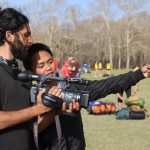 Quickly growing and eager to contend on a Western scale, Mongolia is the destination for our Print & TV Journalism Internship. Write content, shoot videos, and edit film for major media outlets in Ulaanbaatar while aiding employees with English pronunciation and lending a western eye. Work directly with the senior-level production team and director and build your resume with unparalleled experience.
Quickly growing and eager to contend on a Western scale, Mongolia is the destination for our Print & TV Journalism Internship. Write content, shoot videos, and edit film for major media outlets in Ulaanbaatar while aiding employees with English pronunciation and lending a western eye. Work directly with the senior-level production team and director and build your resume with unparalleled experience.
 Learn to write, shoot, film, and market yourself in the Amazon region of Cuzco, Peru in our Environmental Multimedia Internship. This internship focuses on environmental conservation, working with a leading foundation in protecting the Amazon. With weekly workshops, hands-on training, extensive media field work, and one-to-one instruction with a professional, you’ll be poised for a burgeoning media career with an NGO or environmental organization after this three month internship.
Learn to write, shoot, film, and market yourself in the Amazon region of Cuzco, Peru in our Environmental Multimedia Internship. This internship focuses on environmental conservation, working with a leading foundation in protecting the Amazon. With weekly workshops, hands-on training, extensive media field work, and one-to-one instruction with a professional, you’ll be poised for a burgeoning media career with an NGO or environmental organization after this three month internship.
 Known as the Paris of South America, Buenos Aires’ picturesque colonial buildings and cobblestone streets are the backdrop to the country’s burgeoning tech scene, making it the perfect place to complete a digital media internship. Join our Digital Journalism Internship and work with a widely-read English language travel and multi-media site targeted to expats and travellers. You’ll be writing and editing daily, covering Argentine events and culture and advancing your skills in the the fast-pace world of digital media.
Known as the Paris of South America, Buenos Aires’ picturesque colonial buildings and cobblestone streets are the backdrop to the country’s burgeoning tech scene, making it the perfect place to complete a digital media internship. Join our Digital Journalism Internship and work with a widely-read English language travel and multi-media site targeted to expats and travellers. You’ll be writing and editing daily, covering Argentine events and culture and advancing your skills in the the fast-pace world of digital media.
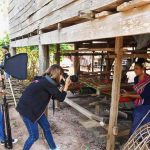 Head to Thailand for it’s famed natural beauty and hospitable people in our Photography Experience Internship. Work with a local professional photographer in Udon Thani where you’ll gain theoretical know-how and practical skills in the Isan Region. Build your portfolio with images from Northern Thailand’s ornate temples, colorful markets, and delightfully photogenic culinary dishes.
Head to Thailand for it’s famed natural beauty and hospitable people in our Photography Experience Internship. Work with a local professional photographer in Udon Thani where you’ll gain theoretical know-how and practical skills in the Isan Region. Build your portfolio with images from Northern Thailand’s ornate temples, colorful markets, and delightfully photogenic culinary dishes.
Check out our other media internships and take the next step in building your journalistic career today!

